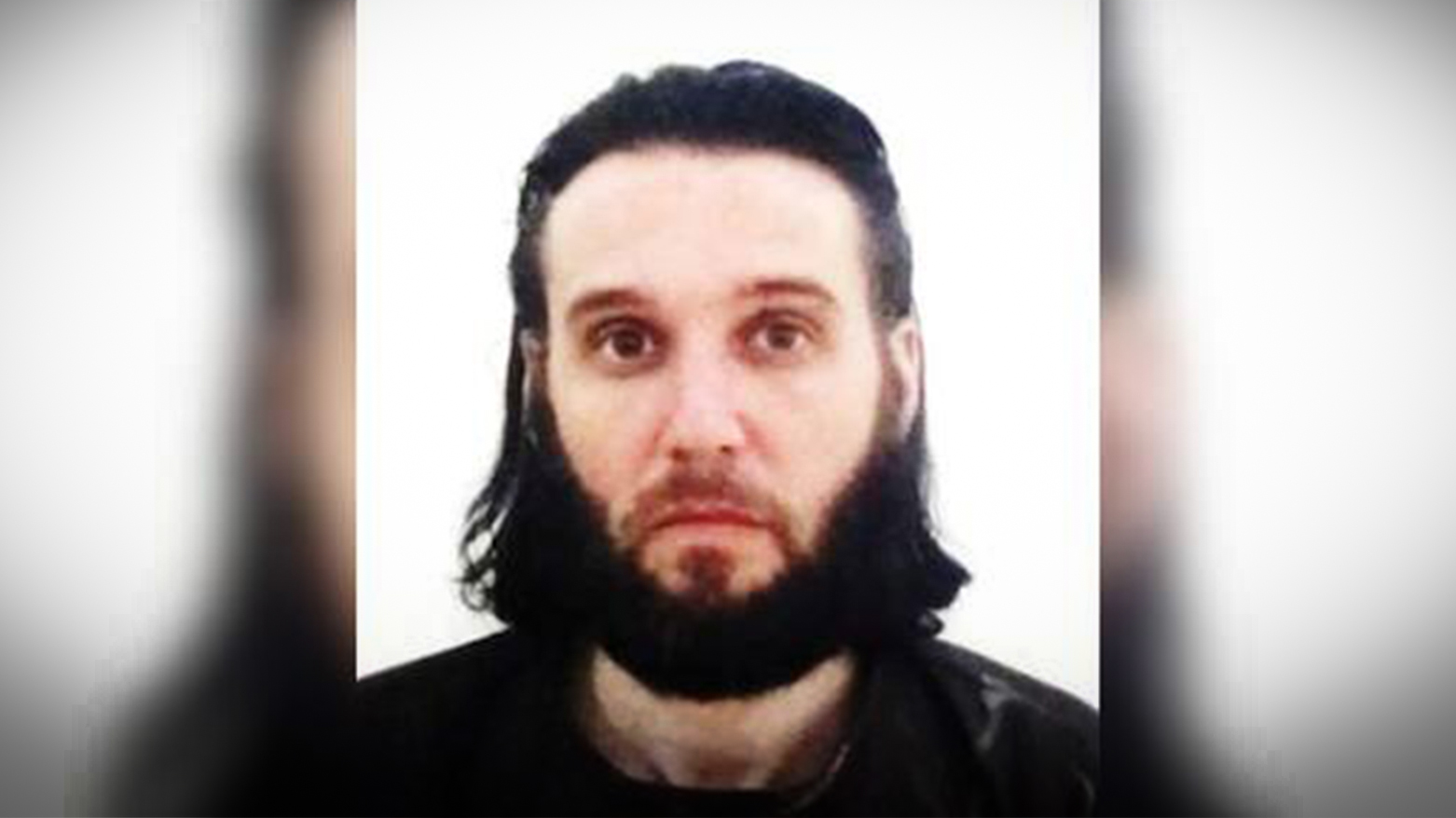Adrien Guihal, Who Claimed Nice Attack for ISIS, Among 47 French to Face Trial in Iraq
According to AFP, Guihal—known as Abu Osama al-Faransi—was transferred from Syria two months ago along with other French nationals accused of ties to the Islamic State group.

ERBIL (Kurdistan24) — Adrien Guihal, the French national who claimed responsibility for the 2016 Nice attack on behalf of the Islamic State (IS) group, will face trial in Iraq alongside 46 other French citizens recently transferred from Syria, according to a source close to the investigation who spoke to AFP.
The source, who requested anonymity due to restrictions on speaking to the media, said Guihal, also known by his nom de guerre Abu Osama al-Faransi, remains under investigation.
He was brought to Iraq two months ago together with the other 46 French nationals, who are also expected to be tried in the country.
The 2016 Nice attack, carried out on July 14, shocked France and the world. A truck was deliberately driven into crowds celebrating Bastille Day on the Promenade des Anglais, killing 86 people and injuring hundreds more.
The Islamic State group later claimed responsibility, and Guihal has since been linked to planning or supporting the attack, though he was not in France at the time.
The transfer of French nationals from Syria to Iraq reflects the complex legal and security challenges posed by foreign fighters who joined ISIS in Iraq and Syria.
Thousands of Europeans traveled to the region during the peak of ISIS’s territorial control between 2014 and 2017, taking part in combat, recruitment, and extremist operations.
Following the collapse of the so-called caliphate, many were detained in Syria or Iraq, creating a backlog of cases for local and international courts.
Iraq has increasingly become a venue for prosecuting foreign ISIS fighters, partly due to the country’s experience in handling terrorism cases and the presence of international support for judicial processes.
Trials in Iraq often focus on crimes committed on Iraqi soil but have also expanded to include foreign nationals accused of membership in ISIS or involvement in attacks abroad.
French authorities have expressed support for prosecuting their nationals who joined ISIS, though cases abroad raise questions about legal standards, fair trials, and the potential for long-term detention under Iraqi law.
Guihal’s trial, along with the other 46 French citizens, underscores the ongoing international effort to hold ISIS fighters accountable while navigating the legal and logistical complexities of post-ISIS justice.
The outcome of these trials is expected to have implications for how European countries manage the return or prosecution of foreign fighters and may influence broader counterterrorism strategies across the region.
